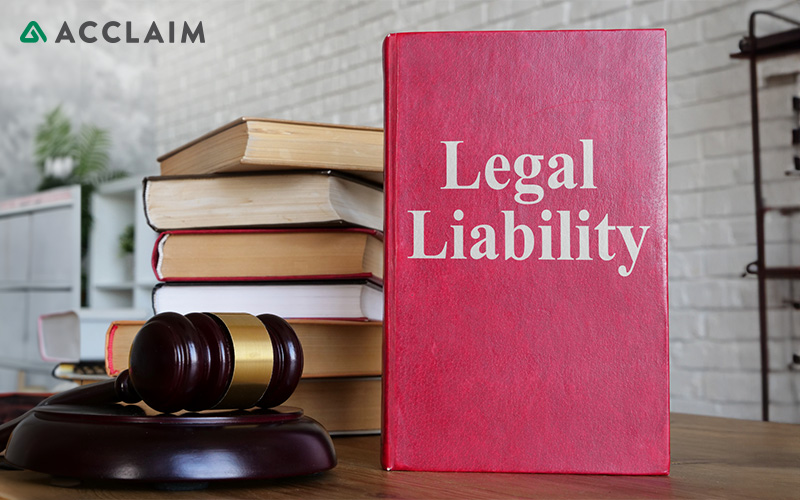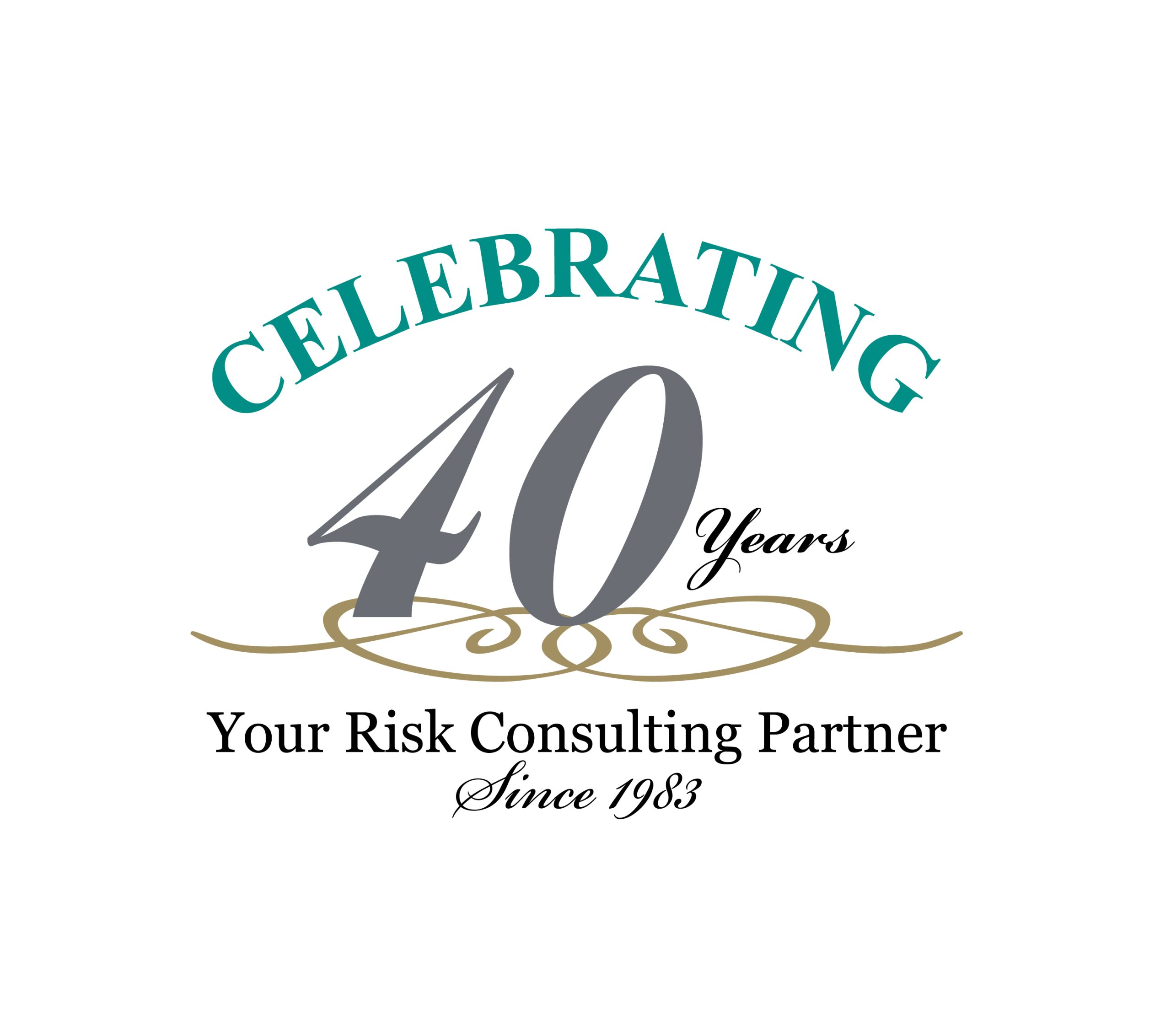While financial lines insurance is not a regulatory requirement to operate a company in Singapore, it can help provide some cover and mitigate business risks. Despite this, insurance remains an area where some entrepreneurs try to skimp to reduce their expenses.
However, think about the consequences in the event something unexpected happens. What happens if an unfortunate fire destroys your establishment and you are uninsured? Or what about your employee suffering a workplace accident while performing a task? These are feasible situations that can cause hardship to employees and employers if there are no proper insurance safeguards in place.
Having adequate coverage allows you to enjoy peace of mind and focus on vital issues like enhancing profitability and productivity. Let us share the essential types of insurance coverage every company in Singapore needs.
1. Commercial Property Insurance

Business property insurance covers loss or damage to your commercial properties, helping you cover the cost of repairing or rebuilding your premises in the event of a fire or vandalism.
Generally, property insurance provides coverage for the following:
- Fire insurance, which also extends to other perils like lightning or floods;
- Theft insurance in the event of burglary or robbery;
- Terrorism insurance in the event of unlawful use or violence against people or property;
- Business interruption insurance to cover lost revenue, wages, or ongoing expenses incurred in the event of suspended operations due to material damage, such as fire or flood;
- Select insurance plans even cater to risks in specific business industries. For example, logistics companies providing shipping courier services can purchase marine cargo insurance to safeguard their products during transit.
We recommend making a list of the prominent risks associated with your business properties before consulting with a reliable insurance broker. They can help structure a package suitable to your business needs based on the requirements provided to them.
2. Employee Insurance

Depending on the employment status of your staff, you might be obligated to insure them. The two crucial types of employer’s liability insurance you should be aware of are work injury compensation and basic employee health insurance.
1. Work injury compensation insurance
Under the Work Injury Compensation Act (WICA), all employers must purchase work injury compensation insurance for local or foreign employees who perform:
- Manual work, regardless of salary level; and
- Non-manual work, and are earning up to S$2,600 monthly.
Employers failing to provide work injury compensation insurance when required to do so can face a fine of up to S$10,000, jail of up to 12 months, or both for a first-time offence. Please note that WICA does not apply to freelancers or independent contractors engaged by the company.
Work injury compensation is especially vital for companies involved in the heavy or construction industries, as there are higher risks of worker injury. Nevertheless, businesses in other sectors can also benefit from this insurance, as it covers the payment of medical leave wages or expenses to employees should they suffer any injury during work.
2. Basic health insurance
The Employment Act mandates that all employers must make CPF contributions for all Singaporean employees, with a portion of it allocated to MediShield Life – basic health insurance to help Singaporeans and their dependents during their old age or in the event they have a severe illness in the future.
Meanwhile, S Pass, Work Permit holders, and Employment Pass (EP) holders are not eligible for MediShield. Nevertheless, you are still required to purchase medical insurance plans for the former two categories of employees. The insurance must be maintained throughout the duration of their employment.
As for EP holders, you are not obligated to provide medical insurance, as most of these employees should have their own integrated shield plans from their insurance provider. However, you can voluntarily choose to subsidise these costs or provide private medical insurance as part of their employment benefits.
3. Legal Liability Insurance

As part of business operation, there is always the unfortunate risk that your company could be liable for compensation due to acts of negligence by you or your employees during the course of work. These incidents are generally covered under the following commercial legal liability insurance.
1. Public liability insurance
Public liability insurance provides coverage in the event of a bodily injury or damage to property and premises resulting from your business operations or the manufacturing, distribution, or sales of your products. For example, this third-party liability insurance can cover the cost of a customer’s medical bill if they slip or fall within your premises.
2. Professional indemnity insurance
Professional indemnity insurance is a must for any company offering services or advice to clients, as it safeguards the business from claims of negligence, failure to perform, or improper services provided. For instance, if your employee offers professional advice that results in a client suffering severe financial losses, your business could be liable for compensation. Professional liability insurance can help cover the damages arising from negligence or error.
3. Director and officer insurance
Director and officer liability insurance is a more specific subset of legal liability insurance intended to protect individuals from losses arising from their capacity as a director or an officer of a business. For example, a director can be liable for an investor suffering losses if they withhold vital information about the company’s performance. This insurance can help cover the legal fees and other costs associated with the lawsuit.
There are numerous business insurance solutions available on the market. Nevertheless, they can be generally classified under the three broad categories we shared above. Regardless of the insurance you require, it is essential to understand the nature of your business first and conduct a thorough threat assessment to determine the scope of your liability.
Subsequently, please consult a credible, licensed insurance broker who can advise you on the appropriate business insurance that fits your needs. Doing so will ensure your company is well-equipped to weather any challenges or disruptions while maintaining business operations.
At Acclaim Insurance, we understand that every business faces its own unique risks. If your company encounters complex perils that direct insurance cannot provide coverage, please seek the help of our team of reinsurance brokers. We work with various international insurance and reinsurance markets with robust financial ratings to minimise counterparty risks. Contact us today to learn more about our services.











